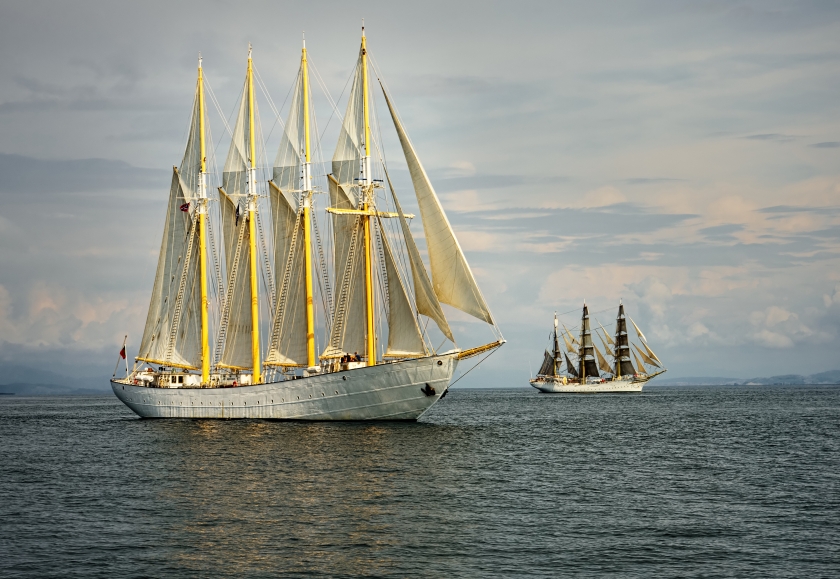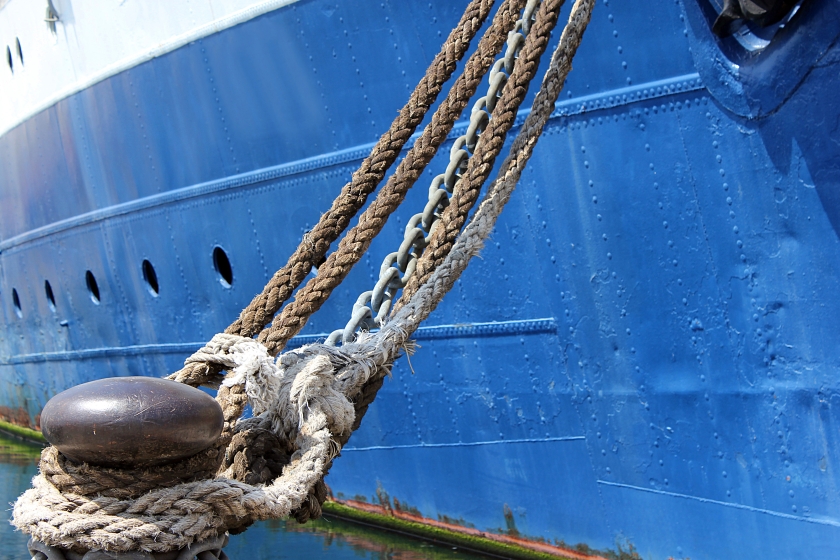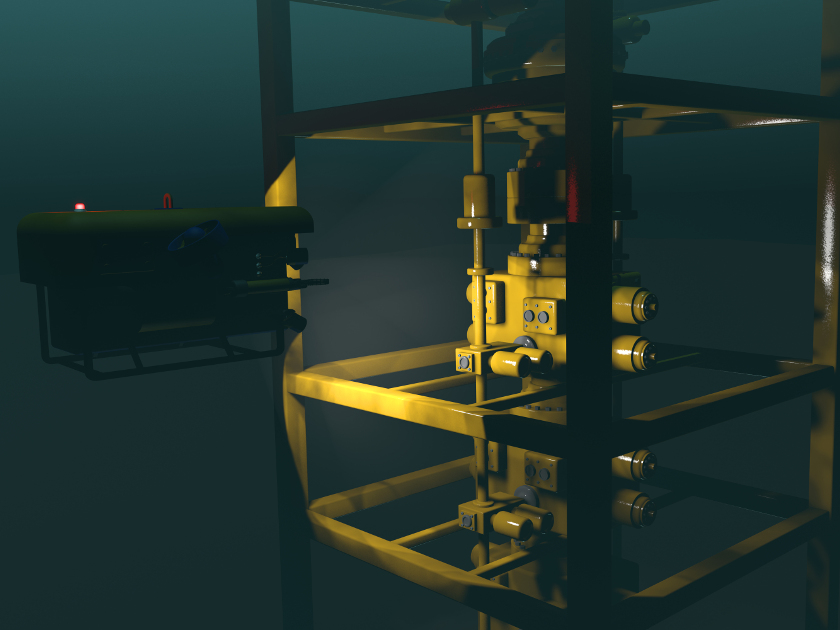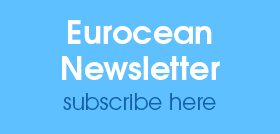Networking
Making partnerships and collaborations work
Making partnerships and collaborations work
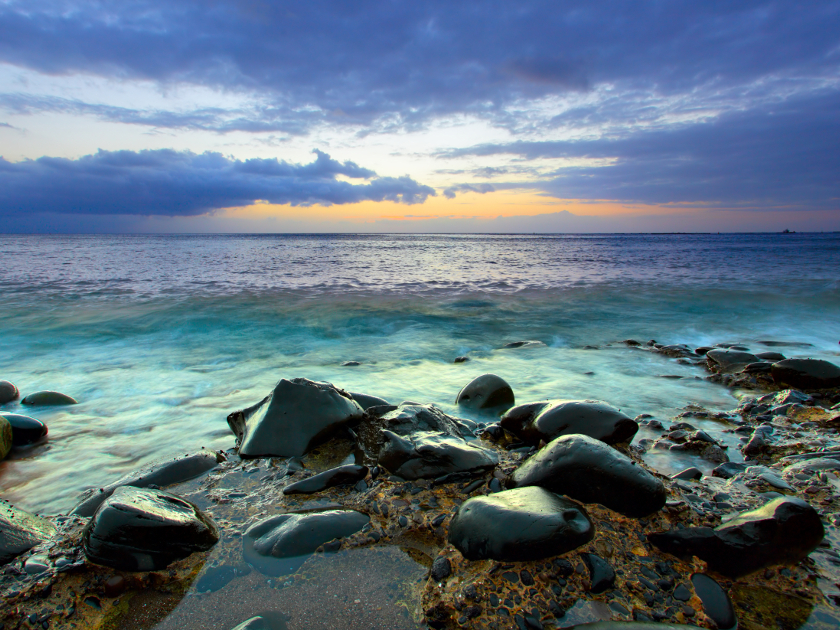
Connections
EurOcean extends its network and relationships by involvement in relevant international activities
EurOcean is a member of the International Coastal Atlas Project (ICAN)project of the IODE ( Intergovernmental Oceanographic Data and Exchange) programme of the IOC. Executive-Director Ned Dwyer is a member of the ICAN Steering Committee. The goal of ICAN is to be a global reference for the development of coastal web atlases. It brings together those working on developing and those interested in using coastal atlases. Coastal Atlases are prime sources of information on coastal and marine areas.
EurOcean supports the Partnership for Observation of the Global Oceans by compiling and make available online a directory of all ocean-going research vessels worldwide.
The members of the Partnership for Observation of the Global Oceans (POGO) operate a fleet of ocean-going research vessels to undertake scientific cruises in the oceans of the world.
EurOcean colaborates directly with the Joint Programming Initiative Healthy and Productive Seas and Oceans by granting direct access to the EurOcean_RID database.
The Joint Programming Initiative Healthy and Productive Seas and Oceans (JPI Oceans) was established in 2011 as a coordinating and integrating strategic platform, open to all EU Member States and Associated Countries who invest in marine and maritime research. JPI Oceans covers all European sea basins with 21 participating countries and provides a long-term integrated approach to marine and maritime research and technology development in Europe.
EurOcean´s Executive-Director is a member of the Advisory Board of the EU H2020 Co-ReSyF project. This project (2016-2018) is supporting development and innovation in coastal research through the use of satellite data. This will be achieved by creating an online cloud platform to support coastal water research applications that use Big Data. The platform aims to be user-friendly and accessible to both inexperienced and advanced researchers in Earth Observation and coastal/marine communities. You can get involved in the project by logging your needs through an online survey, or using the platform itself (late 2018). Check out the website for more details.








